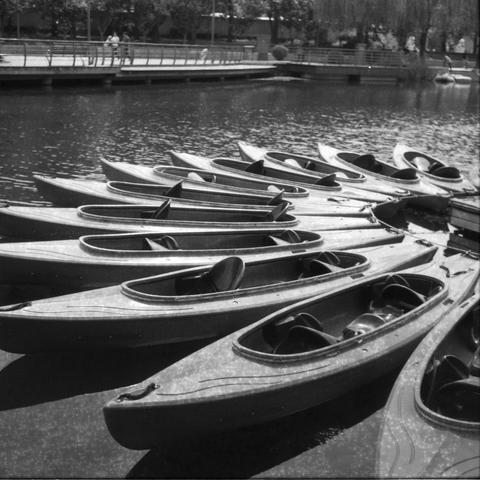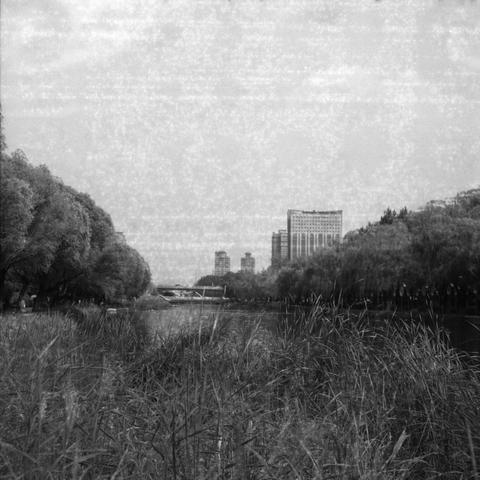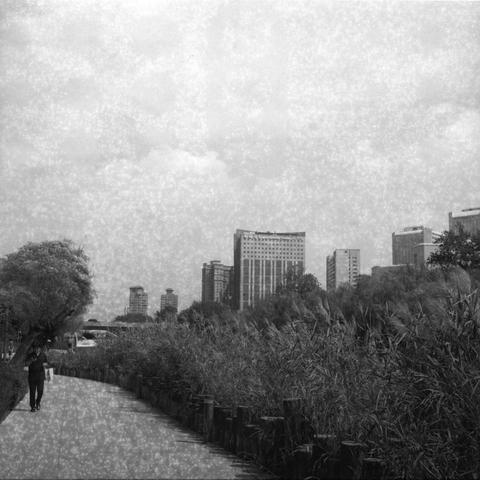2025-10-23 22:07:10
Squirrels at War: First Kill
#writingcommunity #visualinspiration Earlier installments can be read from this page. *** On the coms I heard “Chit chit chit chit chit! Chit chit chit chit chit!” The translator just said, “Celebratory noises.” The Tweedles were happy. I w…
2025-10-21 19:14:49
There are no plans for Donald Trump to meet with Vladmir Putin “in the immediate future”, a White House official told the Guardian.
The official added that the recent call between secretary of state Marco Rubio and Russia’s foreign minister Sergei Lavrov was “productive”, and therefore an additional-in-person meeting between the envoys is “not necessary”.
This comes after Trump announced a yet-to-be determined bilateral summit with Putin in Budapest, Hungary, after his conversati…
2025-11-16 17:01:21
Samsung, SK Group, and others announce billions in domestic investment after US-South Korea trade deal; Samsung plans to invest $310B and SK Group pledged $88B (Kim Tong-Hyung/Associated Press)
https://apnews.com/article/south-korea-samsung-…
2025-11-16 04:25:14
2025-11-16 00:30:54
Urban Adventure 🏞️
城市探险 🏞️
📷Zeiss Ikon Super Ikonta 533/16
🎞️Ilford HP5, expired 1993
#filmphotography #Photography #blackandwhite
2025-12-16 17:09:35
One of the things that made organizing a lot easier with the GDC was a thing called "GDC in a box." It was a zip file with all kinds of resources. There was a directory structure, templates for all kinds of things like meetings and paperwork you had to file (for legal reasons) and "read me" files.
We had all kinds of support. There were people you could talk to who had been there. There were people you could call to walk through legal paperwork (taxes). Centralized orgs are vulnerable and easy to infiltrate. They're easy for states to shut down. But there are benefits to org structures.
I think it's possible to have the type of support we had with the GDC, but without the politics of an org (even the IWW). I hope this most recent essay has some of the same properties. I hope that it makes building something new, something no one has really imagined before, easier.
This whole project is something a bit different. It's a collective vision and collective project, from the ground up. Some of it has felt like a brain dump, just getting things that have been swimming around in my head down somewhere. But I hope this feels more like an invitation.
Everything thus far written is all useless unless people do things with it. Only from that point does it become a thing that lives, a thing with its own consciousness that can't be controlled by any individual human.
Tech billionaire cultists want to bring a new era of humanity with AGI. That is definitely not possible with LLMs, and may not be possible at all. But there is a super intelligence that is possible, though it's been constrained by capitalism: collective human intelligence.
The grand vision of the tech dystopians is that of the ultimate slave that can then enslave all humans on their behalf. I think we can build a humanity that can liberate itself from their grasp, crush their vision, and build for itself a world in which people will never be enslaved again. Not only do I think it's possible, I think it's necessary. I think there are only two choices: collective liberation or death.
And that's what I plan to write about next time to wrap this whole project up. Today things often feel impossible. But people talked about the Middle Ages as though they were the end of the world, and then everything changed in unimaginable ways. Everything can, and will, change again.
"The profit motive often is in conflict with the aims of art. We live in capitalism. Its power seems inescapable. So did the divine right of kings."
2025-12-20 02:59:59
To avoid turning into midnight munchies, small fish, often no bigger than pocket change, employ a frequently observed and clever strategy:
swimming inside a salp, a type of barrel-shaped, gelatinous marine animal.
Though salps don’t conceal the hitchhikers, their thin membranes can be enough to thwart attackers.
The fish don’t seem to mind sharing their sanctuary with one another:
in this image, three diminutive jacks pack inside a salp the size of a spice jar.
2025-12-12 19:48:58
⭐ The Simple Habit That Saves My Evenings | alikhil | software engineering, kubernetes & self-hosting
https://alikhil.dev/posts/the-simple-habit-that-saves-my-evenings/
Spoiler alert:
Here are the two main ideas of it:
* Don’t overwork
*…
2025-12-05 02:42:58
Two sides of the same presidency played out simultaneously along the National Mall on Thursday afternoon.
At one end, Donald Trump was telling the world to give peace a chance at a meeting with African leaders.
It was possible, he said, “to begin healing old wounds and transcending past differences and creating a future where every child of God can live in dignity, prosperity and peace.”
At the other end of the mall, top officials from his Defense Department were being grill…
2025-12-05 01:54:05
Days after Donald Trump fell asleep during a televised Cabinet meeting,
the president on Thursday again dozed off during a ceremony to mark the signing of a peace agreement between Rwanda and the Democratic Republic of the Congo.
Trump was visibly closing his eyes as Rwandan President Paul Kagame spoke from the podium at the ceremony inside the U.S. Institute of Peace building,
his hands clasped and his head drooping while he sat at a table to the left.
Trump continue…








